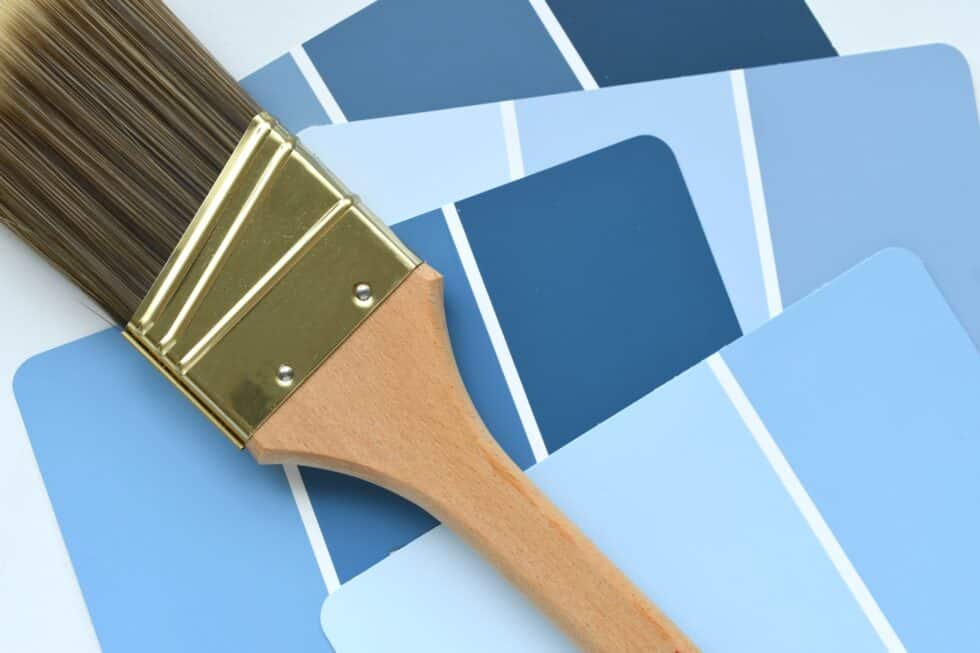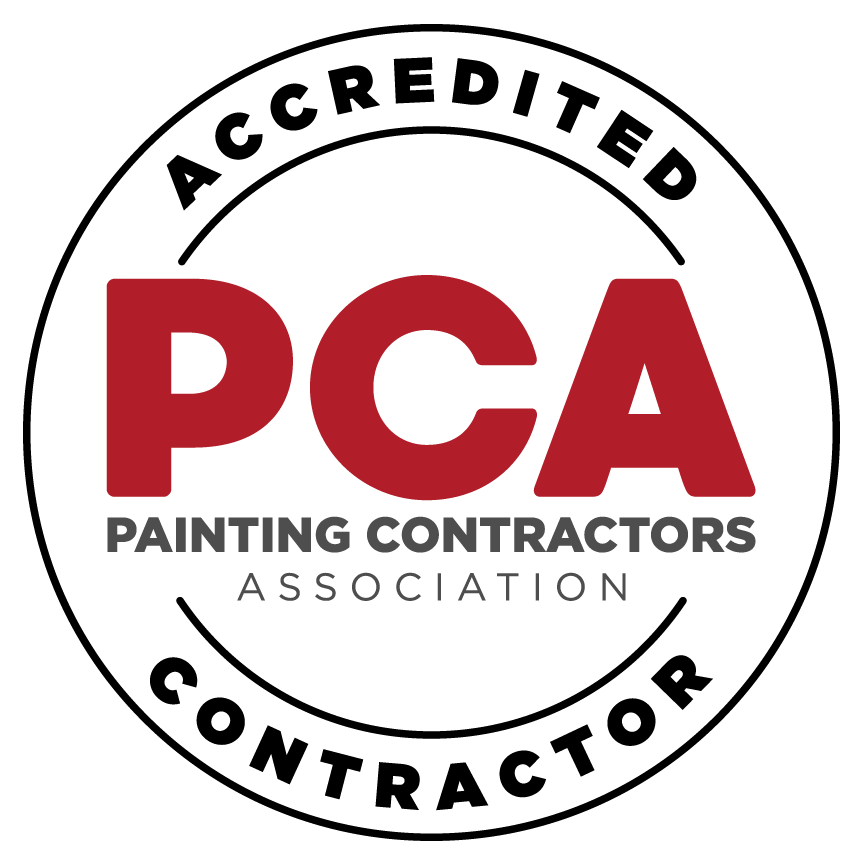With its durability, customization options, and glossy seamless finish, epoxy has become a popular choice for residential flooring. But with numerous types of epoxy coatings available, how do you determine the best system for your home? In this guide, we’ll walk through the major epoxy flooring options, important factors to consider, and tips for hiring a pro installer. Let’s explore how to pick the perfect epoxy flooring for your unique needs.
Understanding the Main Types of Epoxy Floor Coatings
When it comes to epoxy flooring, there are three major installation methods that differ in appearance, performance, and cost:
Self-Leveling Epoxy Flooring
Self-leveling epoxy produces a smooth, glossy surface with unparalleled seamlessness. After prepping and priming the concrete, the liquid epoxy mixture is poured onto the floor and spread evenly. As it cures, the epoxy levels itself through gravity and surface tension, filling in low spots and imperfections.
Self-leveling epoxy is ideal for indoor residential spaces like basements, garages, laundry rooms, and workshops. The finished appearance is polished and sophisticated. However, extremely uneven slabs can pose application challenges and require patching first.
Broadcast Epoxy Flooring
The broadcast method involves “seeding” vinyl flakes or colored quartz sand into a layer of wet epoxy. As the base coating cures, the chips adhere to create a textured, multi-colored floor. Broadcasting is great for hiding flaws in the concrete while adding traction and visual appeal.
Flake floors do have a rougher texture that can gather dirt if not properly sealed. And heavy traffic over time may cause some flakes to loosen. However, the customization and relatively easy installation make broadcast epoxy popular for laundry rooms, recreation rooms, and garages.
Epoxy Mortar Systems
Epoxy mortar systems build up a thicker, more heavy-duty floor by applying multiple layers of epoxy “mortar” using trowels. The finished thickness ranges from 1/4 to 3/4 inches. These systems are commonly used in commercial and industrial settings.
While strong and durable, epoxy mortars have limited applications for residential use due to extensive surface prep requirements and longer cure times between layers. They also result in a completely smooth, non-textured floor.
Factors to Consider When Choosing Epoxy Floors
When deciding which epoxy floor is best for your home, consider:
Traffic Volume and Activities
First, determine the traffic volume and activities the floor must withstand. Factors like kids, pets, furniture movement, and wheeled vehicles put more demand on the coating. Know that epoxy can take the abuse, but the wrong system may show wear sooner.
For heavy residential traffic, thicker multi-coat epoxy or mortar systems perform better long-term. Also, consider any point loads from furniture legs that could dent thinner coatings.
Exposure to Elements
Moisture resistance is a key benefit of epoxy, but frequent water exposure still demands a quality coating. Consider factors like weather and seasons if the floor is near an entryway. For basements at risk of flooding, pick a 100% solids epoxy for maximum waterproofing and chemical resistance.
Also, look at potential UV exposure from sunlight in rooms with skylights or large windows. UV rays can cause the epoxy to yellow over time unless special topcoats are applied.
Aesthetic Preferences
Epoxy flooring offers extensive design flexibility, so think about your desired look. If you want a bold dynamic floor, choose metallic epoxy or brightly colored flakes. Prefer a more subdued palette? Opt for solid color or neutral flakes.
Also, consider adjoining rooms and your overall home décor. Coordinate epoxy colors with existing paints and furnishings for a cohesive aesthetic. Keep samples on hand to test how the floors pair with your color schemes.
Preparing Your Home for Epoxy Floor Coating
Proper prep is crucial for epoxy floors to adhere correctly and look their best. Key steps include:
Surface Preparation – The concrete must be thoroughly cleaned, etched, and repaired for any cracks, pitting, or imperfections. Proper roughing and profiling ensure epoxy bonds correctly
Protection – Mask off baseboards and secure plastic sheeting over walls and cabinets to shield adjacent surfaces from drips or splashes. Also, remove any belongings that could get coated in epoxy.
Ventilation – Epoxy fumes require proper airflow to ventilate the space. Turn off HVAC systems during application, then circulate fresh air after.
Hiring a Professional for Epoxy Floor Installation
While DIY epoxy flooring is possible for simpler small projects, complex residential floors are best left to experienced pros. The benefits of hiring a professional include:
- Proper training on epoxy handling, mixing, and application to avoid errors.
- Access to specialized application tools for a smooth, consistent finish.
- Knowledge of how to remedy any preparation or installation issues encountered.
- Better ability to provide a seamless finish on complex floor plans.
When selecting an installer, be sure to see examples of past residential epoxy floors. Ask about how they handle preparation, mixing, and application. Verify they follow all manufacturer specifications.
Transform Your Floors with Stunning Epoxy
Epoxy flooring offers endless possibilities for residential spaces, from shimmering metallics to custom color blends. Consider your home’s unique needs and lifestyle when selecting the ideal epoxy system. With proper preparation and professional installation, you can enjoy beautiful, durable epoxy flooring that makes your house a home for years to come.




